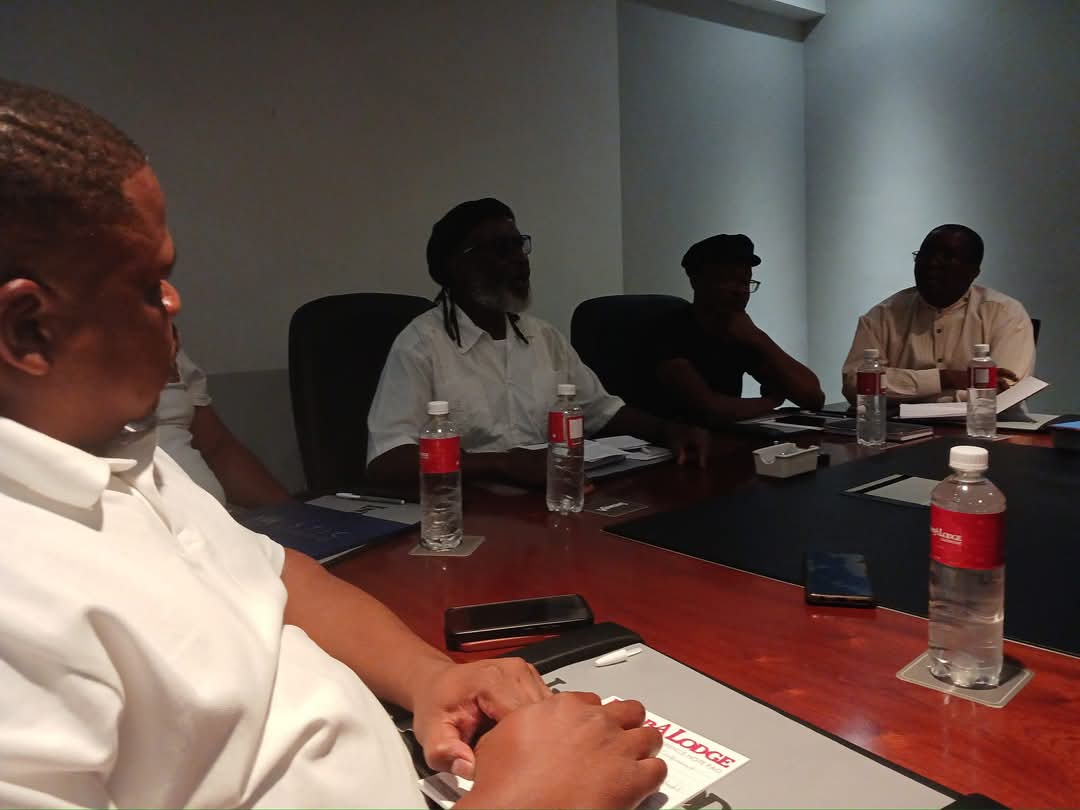The University of Botswana Academic and Support Staff Union (UBASSU) has raised alarming concerns about the current state of the institution, accusing the leadership of driving it into a downward spiral. According to the union, the University is on the brink of collapse due to what they describe as poor management, unfair labor practices, and an overall disregard for the welfare of staff and students.
UBASSU’s leadership has publicly stated that the University is “in ICU” (Intensive Care Unit), signaling the dire situation at the institution. The Union’s accusations paint a troubling picture of an institution where the leadership has failed to address critical issues that threaten the future of the University.
Undermining the Staff
One of the primary grievances raised by UBASSU is that the University’s leadership is systematically undermining the efforts and contributions of the staff. This has reportedly led to a demoralized workforce, with employees feeling undervalued and overworked. The Union asserts that instead of fostering an environment of mutual respect and collaboration, the leadership has opted for a top-down approach, disregarding the concerns of the very people responsible for the institution’s day-to-day operations.
Unfair Labour Practices
UBASSU has also accused the University of engaging in unfair labor practices. The Union claims that management has been negligent in addressing staff grievances, leaving many issues unresolved. This includes claims of poor working conditions, unaddressed pay disparities, and the lack of adequate support for staff development. The union argues that these practices have contributed to a toxic work environment, which ultimately affects the quality of education and services offered by the University.
Mismanagement and Financial Woes
Another significant concern raised by UBASSU is the alleged mismanagement within the University’s leadership. The Union points to financial mismanagement, which they argue has led to inefficiencies and a lack of resources for critical university functions. This mismanagement is compounded by the failure to maintain the University’s physical infrastructure. UBASSU claims that many of the University’s buildings and facilities are in a state of disrepair, making the campus feel more like a ghost town than a thriving educational institution.
Dilapidated Structures and a Ghost Town Atmosphere
The state of the University’s infrastructure is one of the most visible signs of the leadership’s failures. UBASSU has described the once-vibrant campus as a shadow of its former self, with many buildings deteriorating and left without the necessary repairs. This has not only affected the aesthetic appeal of the campus but also the functionality of essential services and spaces for students and staff alike.
As a result, UBASSU argues that the University is increasingly becoming a “ghost town,” with fewer staff and students willing to stay or enroll due to the worsening conditions. The Union warns that without immediate intervention, the University could face further decline, leading to an exodus of talent and a reduction in the quality of education provided.
UBASSU’s statement serves as a call to action for the University’s Board and the Ministry of Education to address these systemic issues. The Union insists that the only way to save the University from its current predicament is through a change in leadership, with a renewed focus on transparency, fair labor practices, and responsible management of resources. The future of the University of Botswana may depend on how quickly and effectively the concerns raised by UBASSU are addressed. Without decisive action, the institution may continue its slide into irrelevance, with long-term consequences for the quality of education in Botswana.










